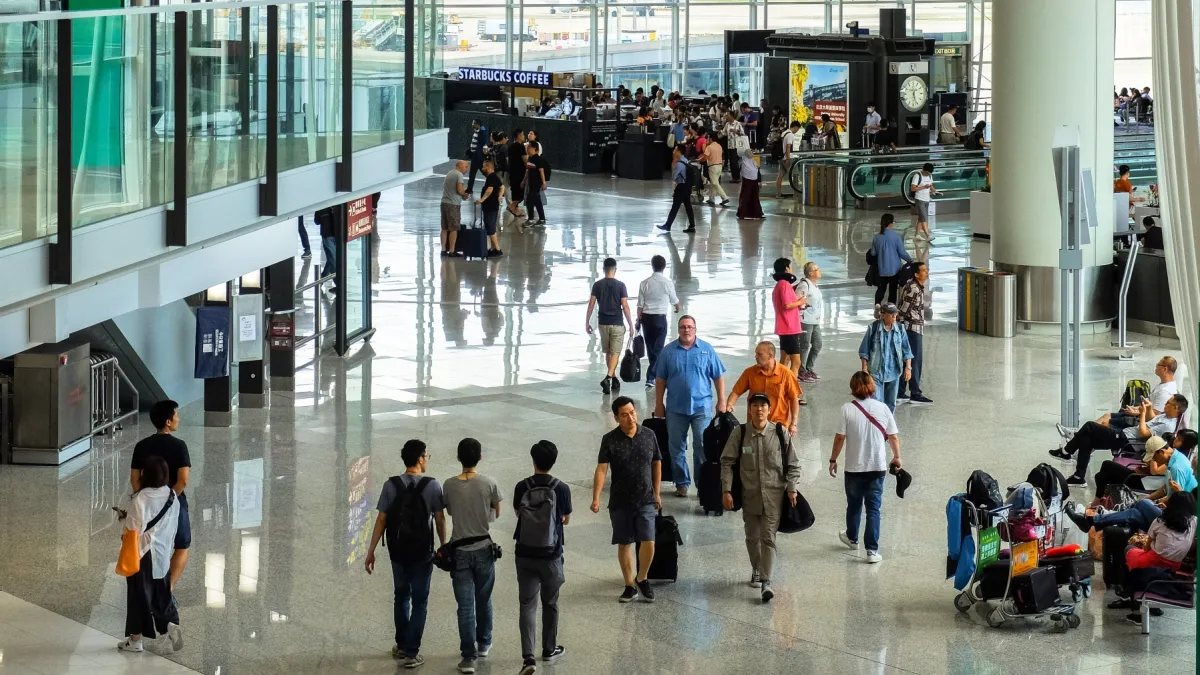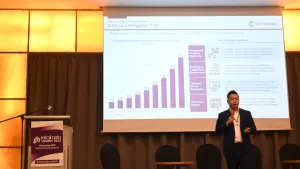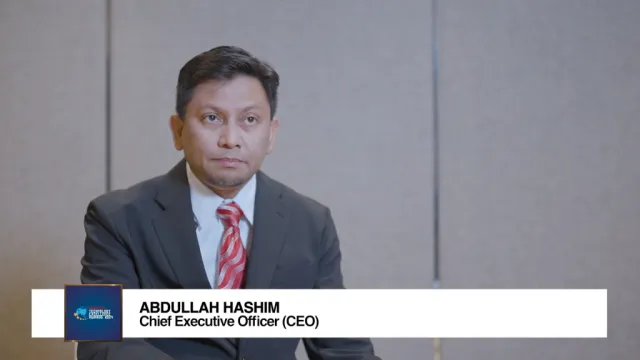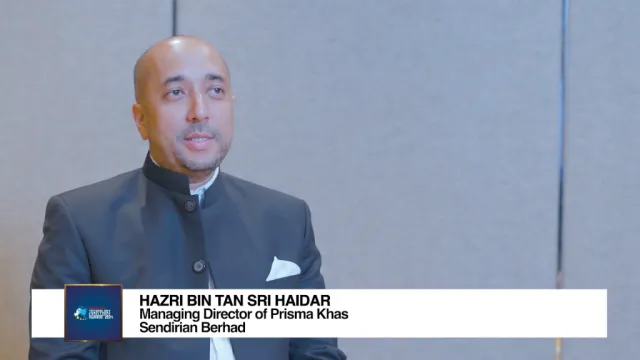![Pierpaolo Cazzola (c) [Photo from the International Transport Forum]](https://cmg-qa.s3.ap-southeast-1.amazonaws.com/s3fs-public/styles/article_details_tablet_image/public/2023-06/52925426069_dee97c8564_c.jpg.webp?itok=5OyKbP_g)
Asia poised to be the center of the E2W revolution
China may account for 53% of sales of electric two-wheelers (E2W) in 2021, but India and Indonesia are fast-growing markets.
LEIPZIG, Germany — Compared to the rest of the world, Asia, with the exception of China, lags in terms of electric vehicle adoption. Experts, however, believe that the entire continent can catch up in the race to decarbonising transport, and even lead the electric revolution on two-wheelers.
“I expect Asia [including China] to be one of the central parts of the world when it comes to the transition of electric two-wheelers,” Pierpaolo Cazzola, an expert from the Institute of Transportation Studies in Davis at the University of California, told GovMedia on the sidelines of the International Transport Forum (ITF) Summit 2023 in Leipzig, Germany.
“Asia is the centerpiece of global production of electric two-wheelers or micro mobility vehicles,” he added.
Cazzola also underscored that China was amongst the first countries to transition two-wheelers to electric.
With China leading the way, three other countries — India, Indonesia, and Vietnam — are also poised to become major markets for electric two-wheelers (E2W).
Global management consulting firm McKinsey & Company said that India and Indonesia might even become the second- and third-largest markets of E2W by 2030, respectively.
Between 2021 to 2030, McKinsey expects India’s E2W sales to record a compound annual growth rate (CAGR) of 66%, whilst Indonesia will likely grow by 67%.
In terms of electric four-wheelers (E4W), McKinsey says adoption momentum will be strong in mature Asian markets such as China.
Cazzola said Asia, particularly China, is also the main producer of electric buses globally.
Emerging markets like Thailand and Indonesia are also likely to see a pick up in E4W.
The Asia advantage
Compared to the Global North, Asia has an advantage in the electric vehicle revolution, since there is “better alignment between the products being priced in Asia and the needs of the emerging economies right now,” said Cazzola.
“In terms of the car segments, you [also] find cheaper EVs being produced in Asia, as opposed to the other parts of the world,” he said.
Given this advantage, Cazzola said emerging countries in Asia should seize the opportunities presented by the EV transition to develop their own industrial capacity.
“So then, they can also foster their economic and social development,” he said.
Whilst Asia has advantages in the EV race, there are also factors that are putting the brakes on EV adoption in the region. In fact, Cazzola said EV adoption in the region is “heterogeneous,” with milder policies in countries lacking domestic vehicle production, and in countries, like Malaysia, that are not net importers of oil and/or petroleum products.
“I would say the [countries] with the biggest lags are the countries where there is no production, domestic production [of vehicles],” he said.
Keys to transitioning
Producer or not, Cazzola said the key to a successful EV transition is a combination of different policy tools from regulations to fiscal signals.
“You need a combination of countrywide or even region-wide policies,” he stressed.
Singapore, for example, has adopted “quite significant policies” to speed up EV adoption. “Singapore is using the right pressure points. There are massive taxes on cars in Singapore and differentiated taxation for EVs, to support a technology transition, while still favoring public transport, for good reasons,” Cazzola said.
Meanwhile, the transport expert also underscored the need to bring forward the deployment of battery charging infrastructure.
And for real sustainable transition to happen, Cazzola said there must be policies related to the environmental profile of vehicle manufacturing, battery manufacturing, and end-of-life battery management.
“This is one thing that we will need to scale up: the development of policies on how to handle the vehicles at the end of the useful life, and how to integrate the electric vehicles with the rest of the system,” he said.
Only by addressing these intricate challenges can the industry pave the way for sustainable solutions to effectively recycle the millions of EV batteries that will soon reach the end of their life, thereby securing a truly greener future for transportation.











 Advertise
Advertise












